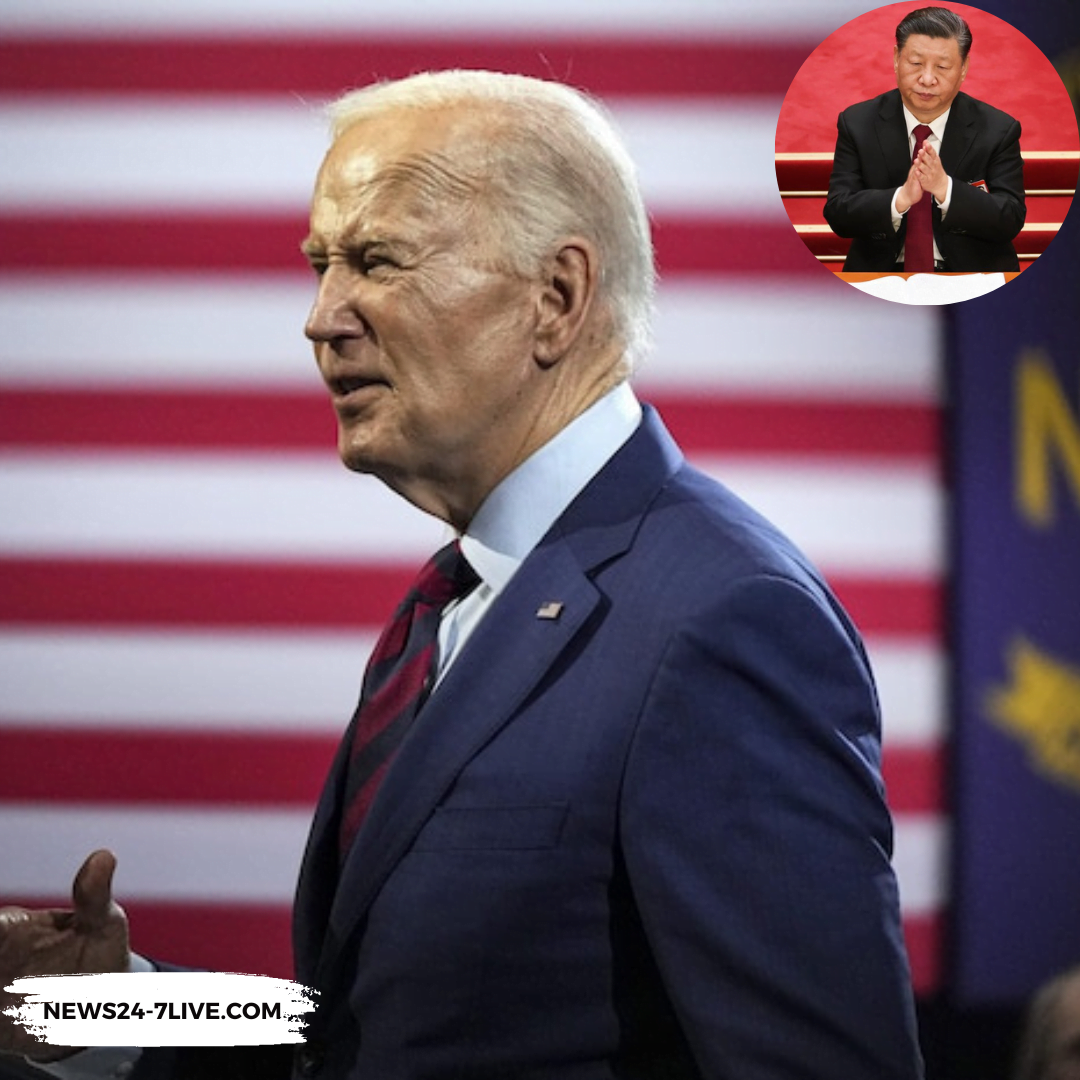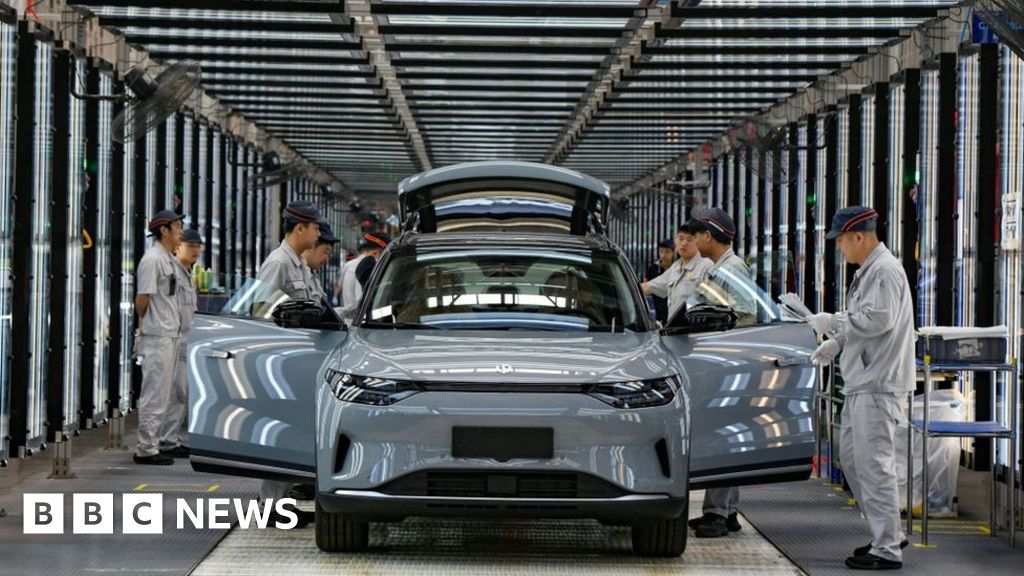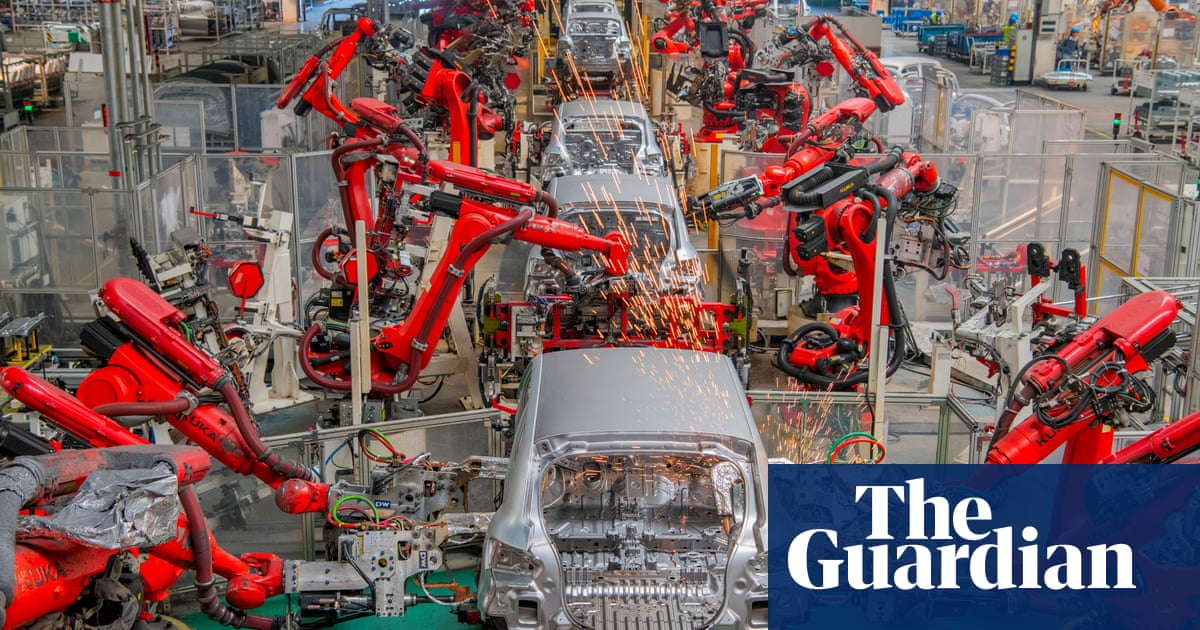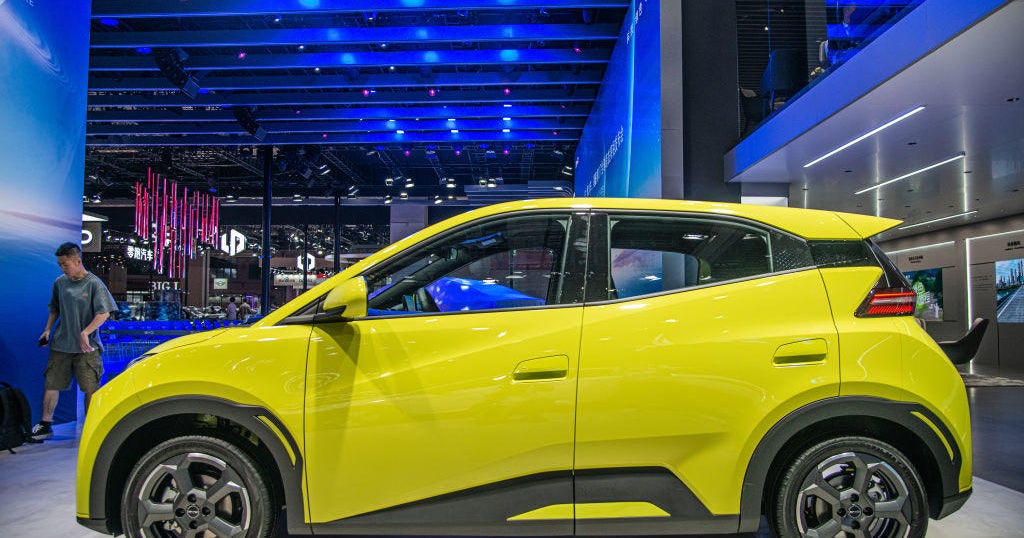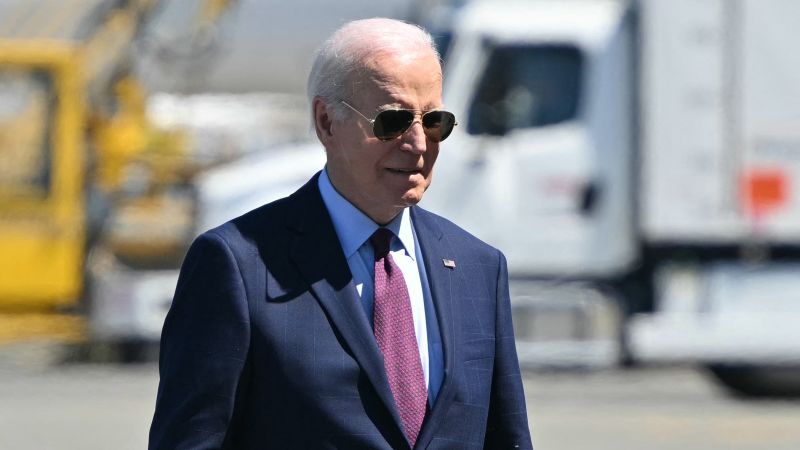The Joe Biden administration has announced new tariffs on Chinese imports targeting electric vehicles (EVs), semiconductors, batteries, solar cells, steel, and aluminum. This plans to protect U.S. manufacturers from what it perceives as unfair competition and safeguard American jobs.

Also Read: Mathematician-Investor Jim Simons has Passed Away at 86
The tariff rate on EVs imported from China is to soar from the current 25% to a striking 100%. Tariffs on semiconductors from China will see a huge increase climbing from 25% to 50% by 2025.
Tariff rates on lithium-ion batteries particularly those used in EVs will experience a huge hike from 7.5% to 25% this year alongside similar increases for battery parts and critical minerals. Tariffs on solar cells imported from China are set to double from 25% to 50% in the current year.
Tariff increases will also impact steel and aluminum products with rates soaring from 0%-7.5% to a uniform 25%.
The tariff hikes extend to a diverse range of products including ship-to-shore container cranes, hospital syringes and needles, and personal protective equipment like face masks and respirators.
President Joe Biden unveiled a package of measures that includes a 100% tariff on Chinese-made electric vehicles, quadrupling the existing tariff rate of 25%.
The Joe Biden administration is also doubling tariffs on Chinese semiconductors from 25% to 50% and increasing tariffs on other products such as lithium batteries, critical minerals, and ship-to-shore cranes.
The Joe Biden administration justifies these tariffs as a response to China’s alleged overcapacity in the EV sector and unfair economic practices that harm American workers and businesses.
The White House argues that Chinese subsidies and non-market practices have led to an influx of cheap Chinese goods threatening U.S. industries and jobs.
While the tariffs on Chinese EVs are largely symbolic at present due to existing barriers imposed by the Trump administration, they signal the Joe Biden administration’s commitment to challenging China’s economic dominance.
Despite the relatively small presence of Chinese EVs in the U.S. market, China’s overall exports have surged.
The imposition of tariffs on Chinese imports worth $18 billion is expected to have repercussions on both economies.
Also Read: UK Economy Exits Recession with 0.6% Growth in Q1 2024
While the Joe Biden administration plans to protect domestic industries, there are concerns about retaliation from China and its impact on global trade dynamics.
There are debates about whether these tariffs will lead to higher prices for U.S. consumers or tackle competition from cheaper Chinese goods.
The announcement of tariffs comescduring political tensions with the 2024 election looming and former President Trump advocating for even stricter measures against China.
China has condemned the unilateral tariff hikes stating its opposition to such measures in violation of WTO rules.
The Joe Biden administration has consistently accused China of engaging in unfair trade practices detrimental to American industries particularly in sectors where the U.S. has made investments.
These tariff increases are framed as essential measures to safeguard domestic manufacturing and prevent the undermining of jobs by the administration’s own initiatives such as those in clean energy and semiconductor manufacturing.
Chinese officials have denounced the tariff increases, characterizing them as “self-defeating” and detrimental to global green economic transitions and climate action.
They have pledged to take all necessary measures to defend China’s interests. The Joe Biden administration claims to have spurred over $860 billion in private investment through legislation aimed at incentivizing these industries.
Also Read: Archegos Founder Bill Hwang Arrives to Trial Over Collapse of $36 Billion Fund
